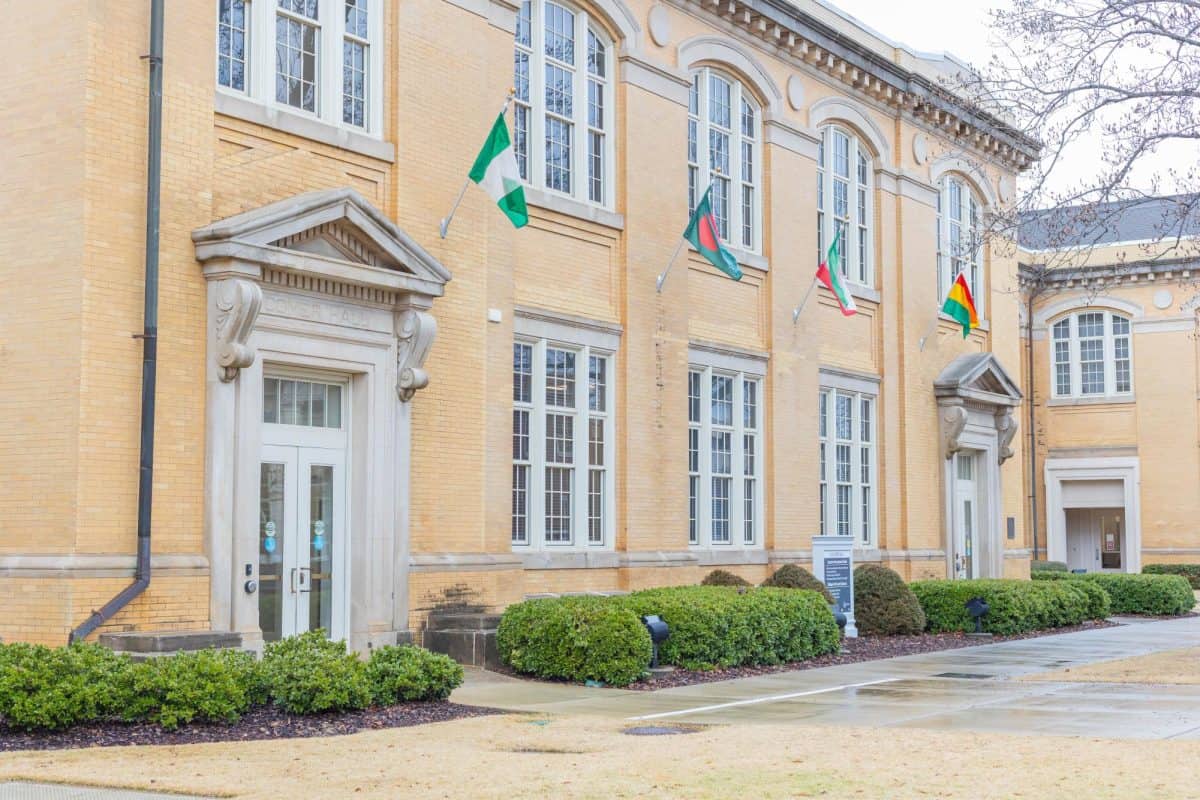Last Saturday, President Witt emailed the entire student body to condemn a student for using a racial slur towards another UA student. President Witt’s email brought the incident to light and made it a news story.
However, since last weekend, the administration has neither made any follow up announcements about how the student who used the racial slur will be punished nor released concrete plans for creating a more tolerant atmosphere on campus going forward. If the University brings racial incidents to the public’s attention, it should use such moments to incite progress. Instead, the administration has backed away from the controversy.
The University must do more. Offensive language found chalked on the Quad Wednesday only further indicates that last Friday’s episode was not an isolated incident, but an outburst emblematic of the great divides that exist on campus.
Since the University was first integrated in 1963, minorities have been allowed to enroll in classes on campus, live on campus and play sports on campus. However, they have not been allowed to join the same social groups as other students, serve in the same positions as other students, and participate in the same programs as other students. The Honors College lags in diversity. Of the 25 members of the Capstone Men and Women, there is one black student. Overall, Alabama is the third most-white SEC school.
Given this lack of diversity, it is not surprising that some students feel discrimination and racism is okay.
Racial tension is not new for the University or the state. Just last fall, we reopened Foster Auditorium – where former Gov. George Wallace made his famous “Stand in the Schoolhouse Door” – and paid tribute to the progress we have made. Unfortunately, Wallace’s shadow still stands in too many doors on campus.
It is time for The University of Alabama to finally appreciate its role in expanding civil rights in this state and nation. The integration of this campus gave momentum to the entire Civil Rights Movement. Today, however, we lag behind many of our peers in creating an atmosphere of inclusiveness.
If the University instead worked to bind students together in purpose and identity, Capstone graduates would be able to use that experience to build a better, more cohesive state. If the University worked to create an atmosphere that bridged divisions instead of reinforcing them, it could become a real agent for change throughout Alabama.
However, creating this type of environment is going to require bold leadership, not just random emails and superficial statements.
Our View represents the consensus of the Crimson White’s editorial board.








